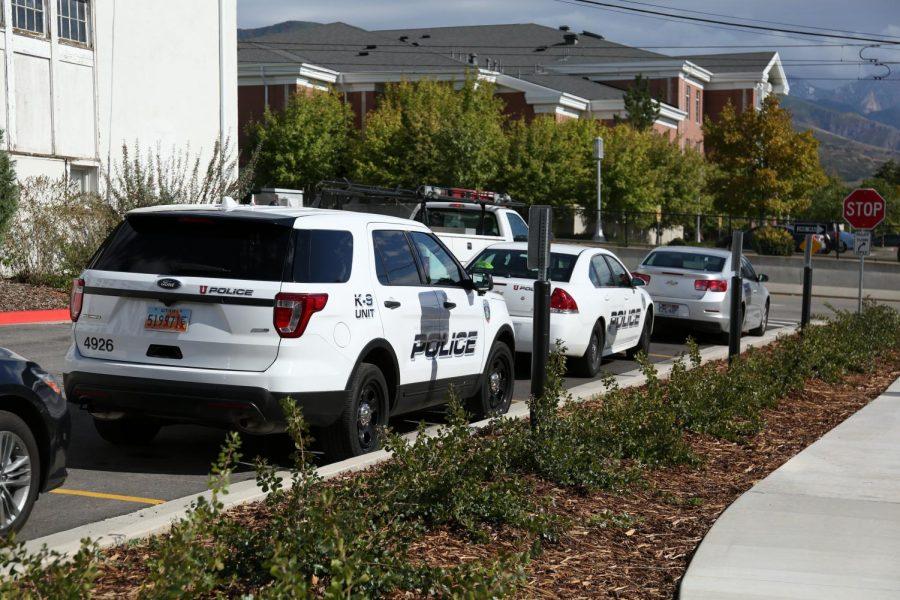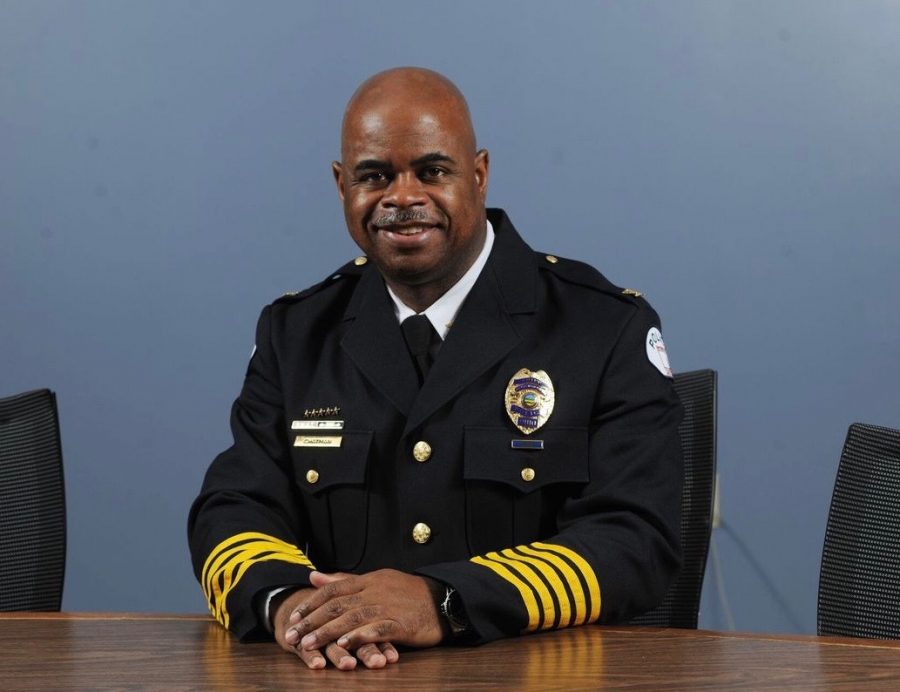On Aug. 23, University of Utah law professor, Paul Cassell, and Allyson Ho of the Washington, D.C. law firm of Gibson, Dunn & Crutcher LLP filed an amicus curiae brief in the U.S. Supreme Court. The brief was filed for the capital case of Bucklew v. Precythe. Interested parties listed in the brief are Melissa Sanders and Arizona Voice for Crime Victims, Inc. (AVCV). Melissa Sanders is the sister of Michael Sanders, who was shot and killed in front of his young sons, by Russel Bucklew.
Cassell is well known for his work advocating for victim rights. His publications include a 2008 article, “In Defense of the Death Penalty,” and another in 2013, “Crime Victims’ Rights During Criminal Investigations? Applying the Crime Victims’ Rights Act Before Criminal Charges Are Filed.”
Bucklew murdered Michael Sanders, who had begun a relationship with Stephanie Ray, Bucklew’s ex-girlfriend. Bucklew then kidnapped and raped Ray until he was caught and imprisoned. Bucklew later escaped from prison and held Ray’s mother hostage — although she was fortunate enough to escape — and Bucklew was again captured.
Cassell’s amicus brief advocates for the victim’s rights and requests that the court consider putting “an end to re-victimization through perpetual litigation” by barring Bucklew from “invoking equitable relief under 42 U.S.C. § 1983.” Describing Bucklew’s nearly 20-year-old litigation strategy as “manipulative and dilatory,” the amicus brief calls into question Bucklew’s choice to present a facial challenge to Missouri’s lethal injection protocol while reserving an as-applied challenge for a later date.
In March of this year, the Supreme Court granted a stay of Bucklew’s execution after his lawyer, Robert N. Hochman, presented an as-applied challenge to Missouri’s execution procedure. He argued that it would qualify as cruel and unusual punishment, due to Bucklew’s medical condition, cavernous hemangioma, which causes blood-filled tumors to form in his mouth and throat.
Cassell’s amicus brief accuses Bucklew of “exploiting” his condition both to escape from prison and to prolong litigation, citing Bucklew’s 2008 plea for funds to hire a medical expert in support of a clemency application as evidence of his previous “awareness of a possible as-applied challenge based on his condition.”
The high profile capital case has been frequently in the spotlight, especially after last year’s controversy regarding Missouri’s right to withhold information on the execution drug’s supplier. On Feb. 14, 2017, a Missouri appellate court ruled that the same law that protects the identity of an execution team also applies to the execution drug’s supplier.
In August 2017, an article published by the Council of State Governments reported a nationwide shortage of sodium thiopental, one of the three drugs used in the execution cocktail, after the sole national provider, Hospira, ceased production following a global campaign lead by death penalty abolitionists.
The context of this Missouri capital case, as well as the controversy surrounding Missouri’s execution protocols, hits close to home in Utah. In 2015, a shortage of the execution drug spurred Utah’s governor, Gary Herbert, to sign a bill allowing execution by firing squad in cases where the execution drug is not available. Utah remains the only state to allow this measure.
Last year, however, Herbert significantly pivoted in his historical stance on the capital punishment, stating that he would consider signing a bill to repeal the death penalty in Utah. The proposed bill HB 379, sponsored by former Republican Representative Gage Froerer, was killed after being sent to rules committee at the term of last years legislative session. One of the arguments posed in favor of the bill was the length of appeal times risking re-victimization of victims and their families.













Dudley Sharp • Sep 6, 2018 at 6:01 am
The judges are the main problem, not inmate counsel.
The inmate will do whatever they can do, if allowed by the judge.
Judges are the case managers, pre trial, at trial and within appeals.
Virginia has executed 112 murderers since 1976, after an average of 7 years of full appeals.
How?
Responsible judges.